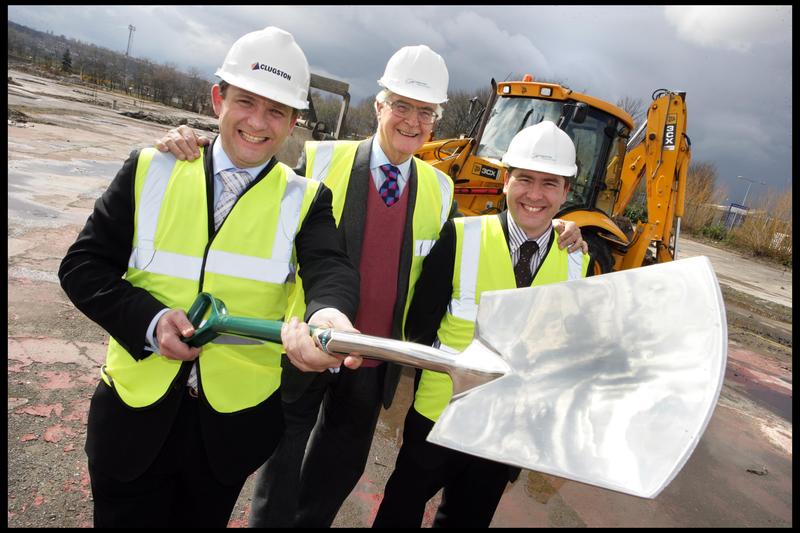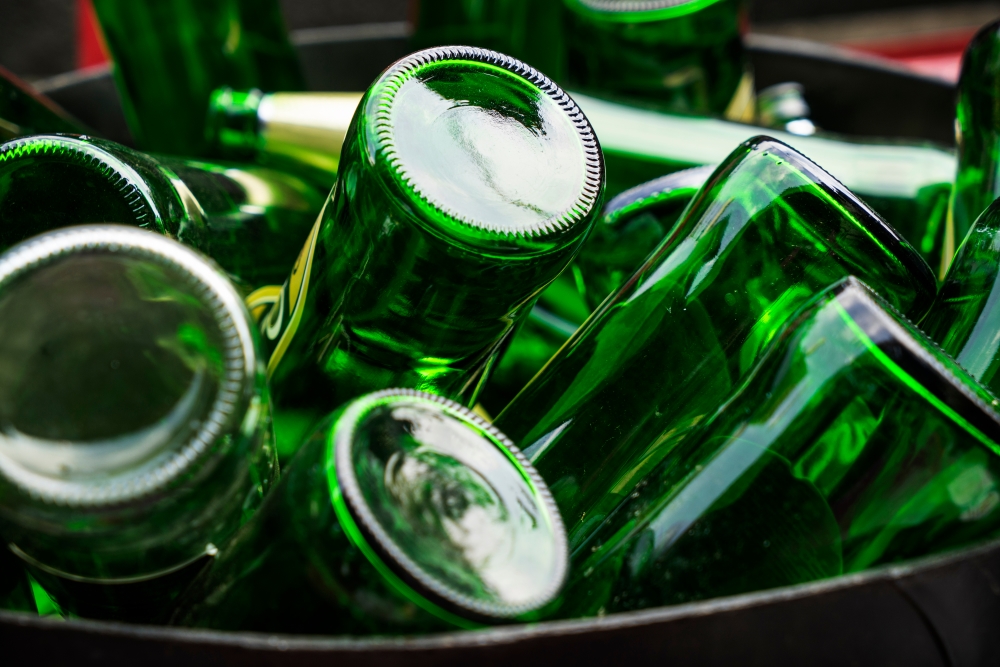However, the company has still not signed any contracts for the provision of waste to fill the merchant facility's 320,000 tonne capacity.
Equity investment for the scheme came from parties including a group led by Lord Baker, as well as Graphite's own management team and the project's lead investor, financier Lehman Brothers, and, Lord Baker has now been appointed as a non-executive director of the company.
Speaking to letsrecycle.com yesterday, Graphite Resources' commercial director, Philip Towers confirmed that no waste disposal contracts had been signed, but indicated that the Newcastle-based firm was in the process of securing agreements.
“The project was developed as purely a merchant facility, but obviously we have quite a few things in the pipeline,” he said.
Graphite Resources has indicated that it hopes to secure long-term waste treatment and recycling contracts, and has named South Tyne & Wear Waste Management Partnership's 370,000 tonnes a year, 20-year waste contract as a potential target.
Construction
Planning permission for the Derwenthaugh Ecopark was originally granted in 2005 and the firm had hoped to start work in 2007 on the site, which will offer a merchant steam autoclave facility with 320,000 tonnes annual capacity for municipal solid waste (MSW) alongside space to bulk up both 60,000 tonnes of kerbside recycling and 20,000 tonnes of green waste for reprocessing and composting respectively (see letsrecycle.com story).
However, it was only last Tuesday (May 27) that construction actually began on the site, and Mr Towers explained that “it has taken a little bit longer to put the financing into place, but construction has now started”.
Technology
Birmingham-based environmental engineering company Enpure are providing the rotating steam autoclave technology to be used at the plant in the shape of their Rotoclave system, which is licensed from the USA.
They are also providing the waste loading walking floors and conveyors, unloading conveyors, steam raising plant, and wastewater treatment equipment used in the facility.
The autoclave process involves up to 30 tonnes of MSW being loaded into each enclosed Rotoclave vessel.
These then rotate before pressurised steam is introduced, raising the temperature to 160 degrees centigrade. During the hour-long process the MSW is broken down, with food, paper and organic cellulose material being turned into a fibrous material.
Segregation then takes place through a series of screens, trommels and magnets to remove recyclables, with the autoclave process having softened and reduced in volume any plastic and both de-lacquered and steam-cleaned materials such as tin, aluminium, steel and aerosols.
Graphite plans to market the fibrous material produced during the process as Cellmat, with the potential to be used for a number of purposes including as a biofuel and within the construction industry for insulation.
Richard Mair, the company's development director, claimed that the use of steam autoclave technology at Derwenthaugh would set a benchmark for others to follow.
“If autoclaving is adopted by local authorities nationally, it has the potential to revolutionise the way we think of waste,” he said. “Instead of being a burden, it will be seen as a resource.
“The announcement of our project today further endorses autoclaving technology in the UK.”
Green waste
Though the Ecopark will have the capacity for up to 20,000 tonnes of green waste to be delivered to it annually, it will only be used to bulk up the waste before it is transported to another site seven miles east of Derwenthaugh for composting.
“That site has recently received planning consent,” Mr Towers revealed. “It will be operational by the time the main facility opens.”











Subscribe for free